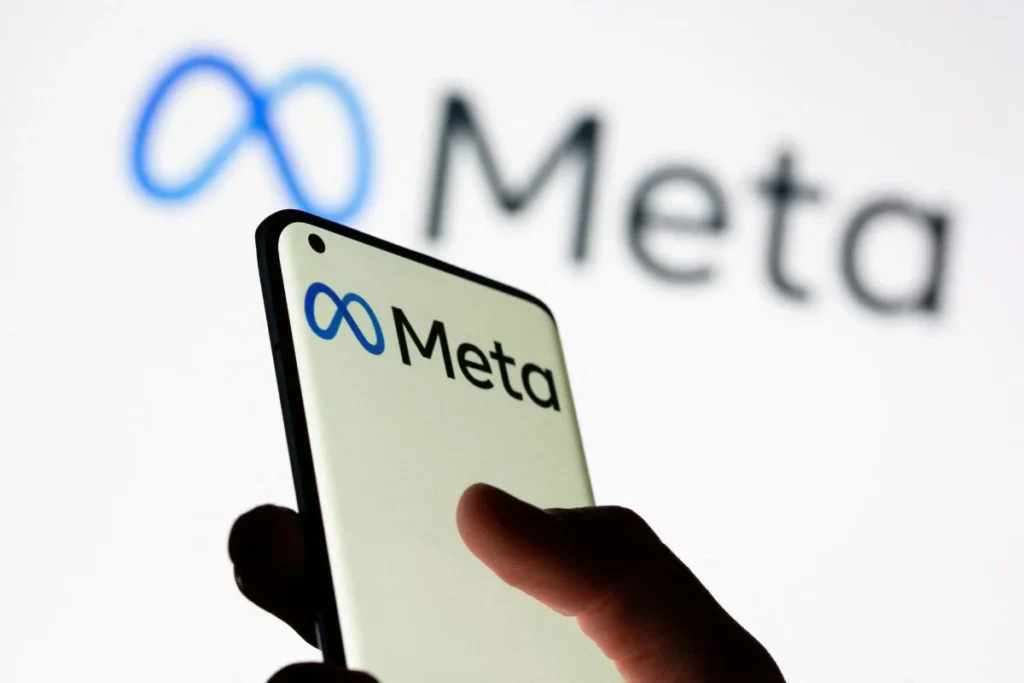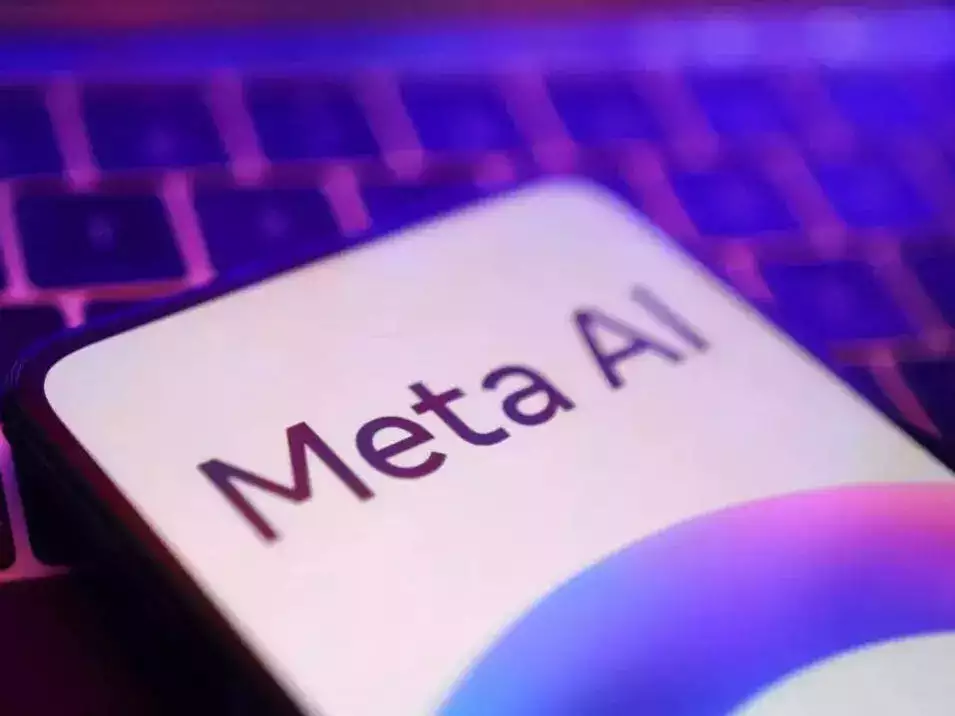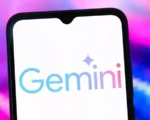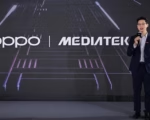As part of this collaboration, Meta will introduce generative AI tools utilizing the advanced Llama 3.1 model.
Meta has officially announced a strategic partnership with the government of Telangana, aimed at revolutionizing the state’s e-governance solutions through advanced artificial intelligence (AI) technologies. This collaboration, which spans a two-year period, is designed to enhance the productivity and efficiency of public departments and improve the overall functionality of governance portals. The government of Telangana aims to harness this partnership to develop innovative solutions that can effectively serve its citizens.
The initiative was unveiled in a press release, where Meta detailed its commitment to working closely with the Department of Information Technology, Electronics and Communications (IT, E&C) of Telangana. This partnership is framed as a means to empower public officials and citizens alike by equipping them with cutting-edge technologies, specifically AI, to streamline e-governance and elevate citizen services. With this move, Telangana joins a growing list of governmental and corporate entities worldwide that are looking to leverage AI for enhanced service delivery.
To facilitate the development of these AI-powered solutions, Meta will utilize its proprietary Llama 3.1 AI model, which has already garnered attention since its release in July. This model is designed to support various applications and features within the Meta ecosystem, enhancing functionality and user experience. While Meta has not disclosed the specific open-source models it plans to incorporate alongside Llama 3.1, the use of such technologies indicates a commitment to developing solutions that are both innovative and accessible.

The partnership signifies a notable step for the Telangana government, which has been proactive in integrating technology into its administrative framework. By collaborating with Meta, the government aims to modernize its e-governance platforms, ultimately making them more user-friendly and efficient for citizens. This approach reflects a broader trend among governments worldwide to embrace technology as a means to improve service delivery and enhance public engagement.
Moreover, this collaboration underscores Meta’s broader strategy to engage with governmental bodies and corporations alike in delivering AI solutions. The company has already established partnerships with major corporations such as Goldman Sachs and AT&T, showcasing its versatility in addressing the needs of both public and private sectors. By expanding its reach into governmental services, Meta is positioning itself as a key player in the AI landscape, particularly in the realm of e-governance.
In conclusion, the partnership between Meta and the government of Telangana represents a significant move towards integrating AI into public administration. Through the deployment of the Llama 3.1 model and other technological resources, both entities aim to enhance governance efficiency and improve the quality of services provided to citizens. As this collaboration unfolds over the next two years, it will be interesting to observe the tangible outcomes and innovations that emerge from this initiative, setting a precedent for future tech-driven governance efforts globally.
















